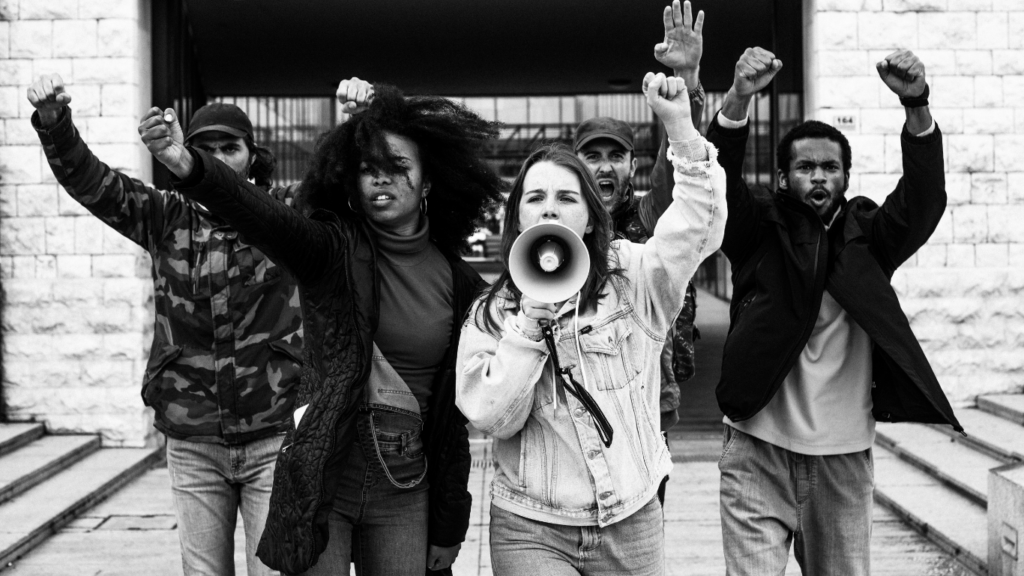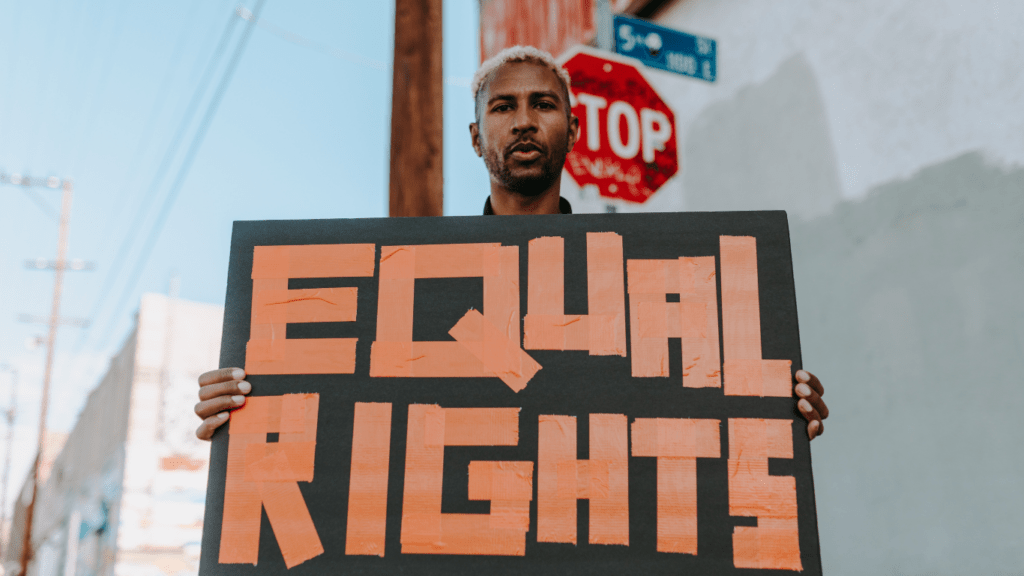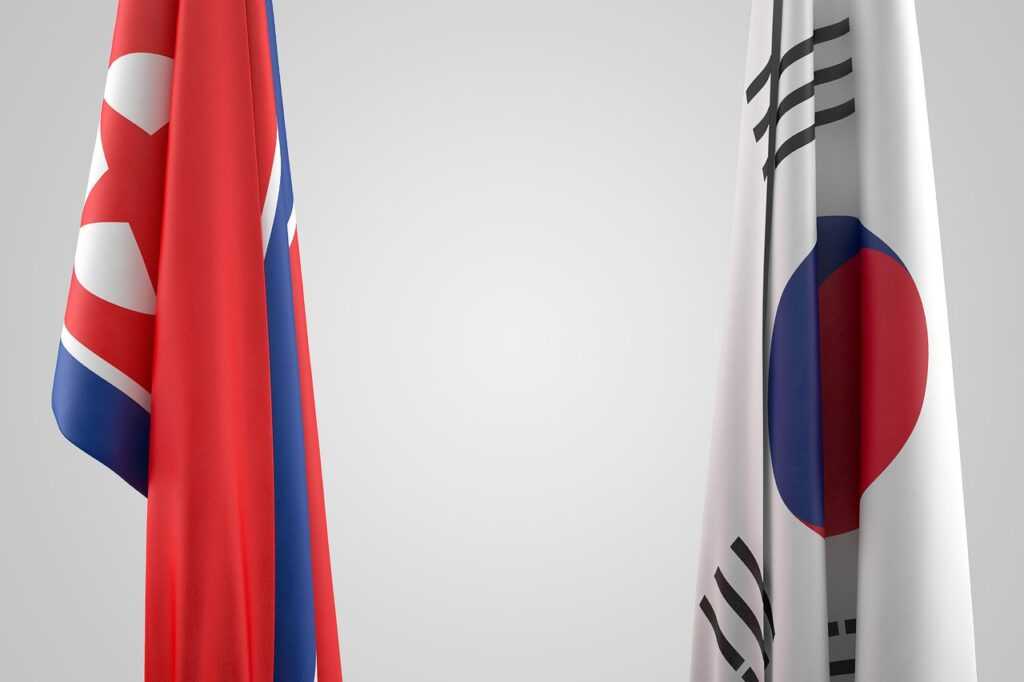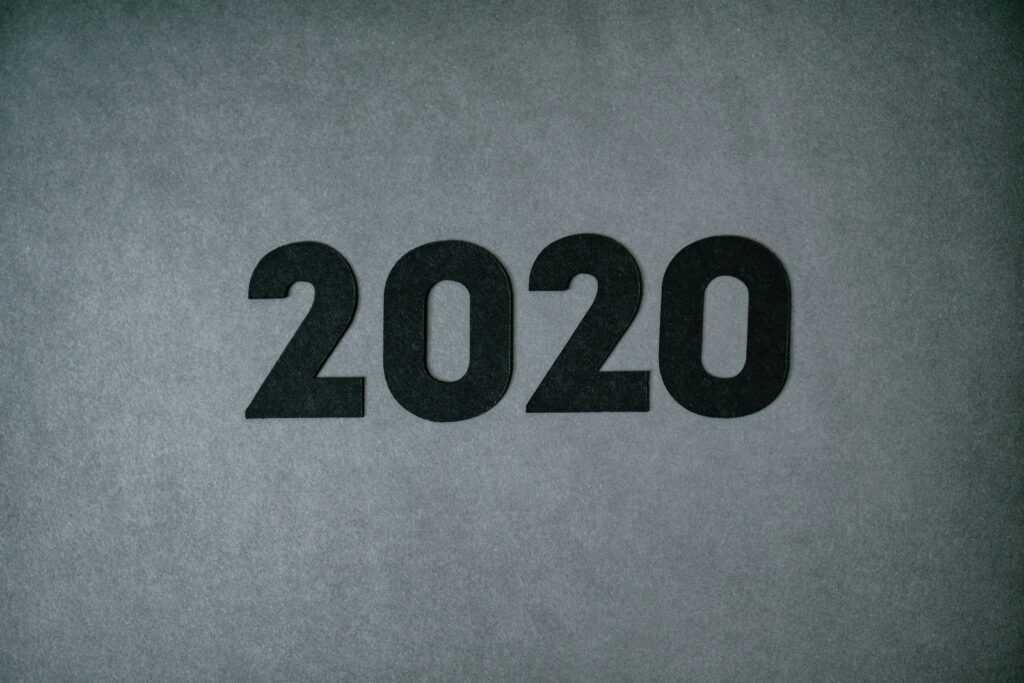In today’s interconnected world, the issue of human rights violations remains a pressing concern that demands global attention. As I delve into the complex landscape of human rights abuses and the various responses they elicit on a worldwide scale, it becomes evident that the need for collective action is more crucial than ever. From civil liberties infringements to systemic discrimination, the violation of basic human rights transcends borders, prompting a call for unified efforts to address these injustices effectively.
Exploring the multifaceted nature of human rights violations unveils a tapestry of challenges that require a nuanced and inclusive approach. As I navigate through the intricate web of global responses to these violations, I aim to shed light on the diverse strategies and initiatives aimed at upholding human dignity and promoting justice for all. Join me on this journey as we uncover the pivotal role of international cooperation in safeguarding the fundamental rights and freedoms of individuals worldwide.
Overview of Human Rights Violations
Human rights violations are prevalent in various forms worldwide. These violations encompass a range of abuses that infringe on individuals’ rights and dignity. Addressing these violations requires a coordinated global response to protect the fundamental freedoms of all individuals.
Types of Violations Worldwide
Violations can manifest in diverse forms, including but not limited to:
- Discrimination based on race, gender, religion, or ethnicity.
- Arbitrary detention and lack of fair trial.
- Torture and inhumane treatment.
- Restrictions on freedom of speech and expression.
- Child labor and exploitation.
- Human trafficking and modern slavery.
- The Middle East: Issues like political repression, lack of freedom of speech, and conflict-related abuses are prevalent.
- Sub-Saharan Africa: Challenges include violations against minorities, child soldiers, and limitations on basic freedoms.
- Southeast Asia: Concerns range from human trafficking to restrictions on political participation and expression.
- Latin America: Problems include impunity for human rights abuses, violence against activists, and indigenous rights violations.
Global Responses to Human Rights Violations
I believe the United Nations plays a crucial role in addressing human rights violations globally. With the aim of promoting and protecting human rights for all, the United Nations serves as a key international body advocating for justice and equality. It establishes human rights standards, conducts monitoring and reporting, and provides assistance to countries in improving their human rights records.
Role of the United Nations
I support the United Nations’ role in promoting human rights worldwide. It implements mechanisms such as the Universal Periodic Review to assess the human rights situations in all UN Member States. Additionally, the UN High Commissioner for Human Rights works to raise awareness, provide education, and offer technical assistance to support countries in upholding human rights standards.
Impact of International Sanctions
I understand that international sanctions can be a powerful tool in addressing human rights violations. By imposing targeted measures such as arms embargoes, travel bans, and asset freezes, the international community can put pressure on governments and individuals responsible for human rights abuses. These sanctions aim to deter further violations and promote accountability for perpetrators.
Case Studies of Effective Interventions
In examining human rights violations and global responses, it’s crucial to delve into case studies that showcase successful interventions and shed light on lessons learned from failures.
Successes in Restoring Rights
- Truth and Reconciliation Commissions: In post-conflict societies like South Africa, truth and reconciliation commissions have been instrumental in addressing past human rights abuses. These commissions provide a platform for victims and perpetrators to share their experiences, leading to acknowledgment, reconciliation, and ultimately, healing within the society.
- International Criminal Court (ICC): The ICC has played a significant role in prosecuting individuals responsible for grave human rights violations. Notable cases include the conviction of warlords and political leaders for crimes against humanity and genocide, demonstrating that global justice mechanisms can hold perpetrators accountable.
- Civil Society Movements: Grassroots movements and civil society organizations have been effective in advocating for human rights at the local and international levels. Through campaigns, protests, and awareness-raising initiatives, these movements have pressured governments to enact policy changes and address systemic injustices.
- Lack of Enforcement: One of the major failures in human rights interventions is the lack of enforcement mechanisms to ensure compliance with international standards. Without robust enforcement mechanisms, perpetrators often evade accountability, leading to a cycle of impunity and repeated violations.
- Political Interference: In some cases, political interests have impeded effective human rights interventions. When governments prioritize diplomatic relations or economic interests over human rights concerns, it undermines the effectiveness of international responses and allows violations to persist unchecked.
- Limited Resources: Insufficient funding and resources can hinder effective human rights interventions, limiting the scope of monitoring, advocacy, and support for victims. Without adequate resources, organizations and governments struggle to implement comprehensive strategies to address human rights violations.
By analyzing successful interventions and learning from failures, we can better understand how to improve global responses to human rights violations and work towards a more just and rights-respecting world.
The Role of Non-Governmental Organizations (NGOs)
When it comes to addressing human rights violations globally, Non-Governmental Organizations (NGOs) play a pivotal role. They are instrumental in advocating for fundamental freedoms, providing direct support, and raising awareness about ongoing human rights abuses. Let’s explore how NGOs contribute to combating violations through advocacy campaigns and direct relief operations.
Advocacy and Awareness Campaigns

NGOs engage in impactful advocacy and awareness campaigns to shed light on human rights violations and hold perpetrators accountable. Through targeted campaigns on social media, public events, and collaborations with global partners, NGOs bring attention to issues such as discrimination, gender-based violence, and the rights of marginalized communities. By amplifying voices that often go unheard, these campaigns drive policy changes and foster a culture of respect for human rights at both local and international levels.
Direct Support and Relief Operations
In addition to advocacy efforts, NGOs provide crucial direct support and relief operations to victims of human rights violations. Whether it’s offering legal aid to refugees, providing shelters for survivors of domestic abuse, or supplying essential healthcare services in conflict zones, NGOs are at the forefront of alleviating the immediate impact of abuses. By delivering aid swiftly and efficiently, these organizations not only address the urgent needs of affected populations but also work towards building sustainable solutions for lasting change.
Future Challenges and Opportunities
Advances in Technology and Human Rights
Innovations in technology offer unique opportunities to address human rights violations globally. Technologies like blockchain and artificial intelligence can be utilized to track and verify human rights abuses, ensuring accountability and transparency in reporting. For instance, blockchain’s decentralized nature can help secure sensitive information in conflict zones, protecting the identities of activists and whistleblowers. Artificial intelligence tools play a crucial role in analyzing vast amounts of data to identify patterns of abuse, aiding in early detection and prevention efforts. Embracing these technological advancements can revolutionize the way we respond to human rights challenges.
The Need for Global Collaboration
Global collaboration is essential in tackling human rights violations effectively. In an interconnected world, countries, international organizations, NGOs, and individuals must join forces to address systemic issues like discrimination, persecution, and violence. By fostering partnerships and sharing resources, the global community can amplify its impact and reach marginalized populations more efficiently. Collaborative initiatives, such as joint advocacy campaigns and cross-border legal frameworks, can help establish universal standards for human rights protection. Working together, we can create a more inclusive and just world for all individuals, safeguarding their fundamental rights.


